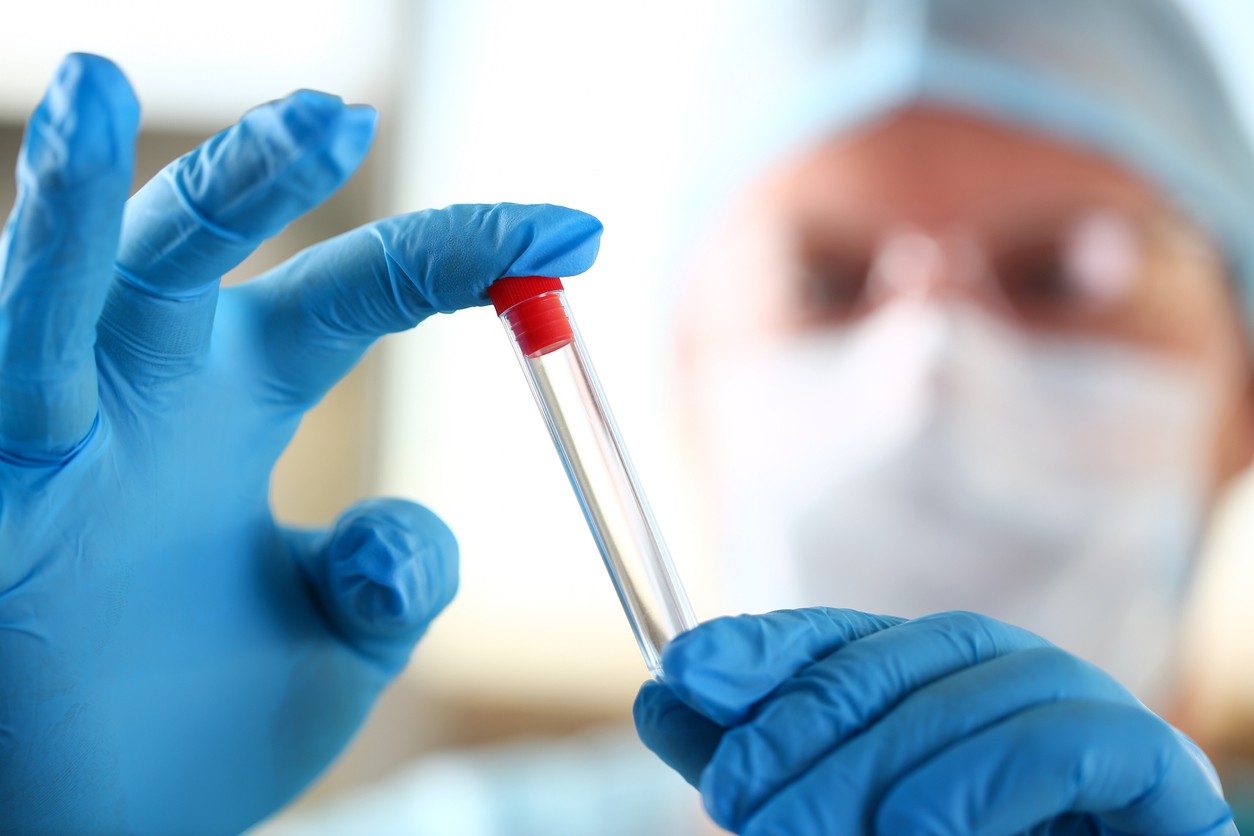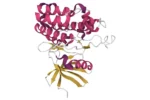Thymalin Peptide and Immune Function
Thymalin peptide may potentially affect cellular immunity, modifying lymphocyte subpopulation levels, influencing T-cell development, and modulating natural killer (NK) cell activity, according to research.[5] Nonathymulin peptide exposure may possibly correct the immune system and improve T-lymphocyte proliferation in research models of diabetic retinopathy, resulting in less inflammation and slower disease progression rates.[6] This might apply to chronic immunological deficiency/immune HIV dysregulation. Thymalin, in combination with HAART, may repair immune system damage and increase CD4 + T-cell counts. Research is ongoing to see whether Thymalin may interact with HIV vaccinations to boost immunization responses. Thymalin peptide exposure in mice without the thyroid gland appeared to have reversed or protected the animals from weight loss and cell growth.
Thymalin Peptide and Kidney Diseases
Nonathymulin peptide exposure has been suggested in research to potentially mitigate inflammatory kidney disease, such as chronic glomerulonephritis. Research is ongoing.
Thymalin and the Circadian-Rhythm
Circadian rhythm disruptions may be due to alterations in thymic components and cellular and humoral immunity, according to research. Changes in circadian rhythm, according to scientists, might affect thymic function, leading to immune system suppression. Thymalin peptide, on the other hand, may not regulate circadian rhythm. However, it might reset alterations in immunological insufficiency induced by variations in sleep-wake cycles.
Disclaimer: The products mentioned are not intended for human or animal consumption. Research chemicals are intended solely for laboratory experimentation and/or in-vitro testing. Bodily introduction of any sort is strictly prohibited by law. All purchases are limited to licensed researchers and/or qualified professionals. All information shared in this article is for educational purposes only.
References
- Kozlov, A. P., & Moskalik, K. G. (1980). Pulsed laser radiation therapy of skin tumors. Cancer, 46(10), 2172–2178. doi:10.1002/1097-0142(19801115)46:10‹2172::aid-cncr2820461013›3.0.co;2-l.
- Zhukova, G. V., Schikhlyarova, A. I., Barteneva, T. A., Shevchenko, A. N., & Zakharyuta, F. M. (2018). Effect of Thymalin on the Tumor and Thymus under Conditions of Activation Therapy In Vivo. Bulletin of experimental biology and medicine, 165(1), 80–83. doi:10.1007/s10517-018-4104-z.
- Tretiak, N. N., Babenko, T. F., Gaĭdukova, S. N., Zverkova, A. S., & Beschastnaia, S. P. (1998). Effektivnost’ primeneniia timalina i plazmafereza v kompleksnom lechenii bol’nykh khronicheskim limfoleĭkozom [The efficacy of using thymalin and plasmapheresis in the combined treatment of patients with chronic lympholeukemia]. Likars’ka sprava, (2), 93–96.
- Babenko, T. F., Antonenko, V. T., & SkuratovskiUi, M. F. (1989). Timalin v kompleksnom lechenii bol’nykh khronicheskim limfoleĭkozom [Thymalin in the combined treatment of patients with chronic lympholeukemia]. Vrachebnoe delo, (3), 47–49.
- Bach, J., Bardenne, M., Pleau, J., & Rosa, J. (1977). Biochemical characterisation of a serum thymic factor. Nature, 266(5597), 55–57. doi:10.1038/266055a0.
- Zhaboiedov, H. D., Bychkova, N. H., Skrypnik, R. L., & Sydorova, M. V. (2001). Doslidzhennia stanu klitynnoho i humoral’noho imunitetu ta vyznachennia indyvidual’noï chutlyvosti T-limfotsytiv do imunokorektoriv u khvorykh s diabetychnoiu retynopatiieiu [Evaluation of cellular and humoral immunity and individual sensitivity of T-lymphocytes to immunocorrectors in patients with diabetic retinopathy]. Likars’ka sprava, (1), 53–56.
- Isaeva, M. P., Budazhabon, G. B., & Kuznik, B. I. (1989). Vliianie timalina na pokazateli immuniteta i gemostaza u bol’nykh rasprostranennymi formami psoziaza [The effect of thymalin on indices of immunity and hemostasis in patients with disseminated forms of psoriasis]. Vestnik dermatologii i venerologii, (10), 42–43.
- Budazhabon, G. V., Kuznik, B. I., Morozov, V. G., Orlova, N. N., & Khavinson, V. K.h (1984). Sostoianie immunogeneza i gemostaza u bol’nykh s obostreniem khronicheskogo glomerulonefrita, lechennykh timalinom [Immunogenesis and hemostasis in patients with exacerbated chronic glomerulonephritis treated with thymalin]. Terapevticheskii arkhiv, 56(10), 62–66.
- Maslennikov, A. A., Kamenev, V. F., & Kolomiets, V. M. (2007). Problemy tuberkuleza i boleznei legkikh, (9), 30–33.






